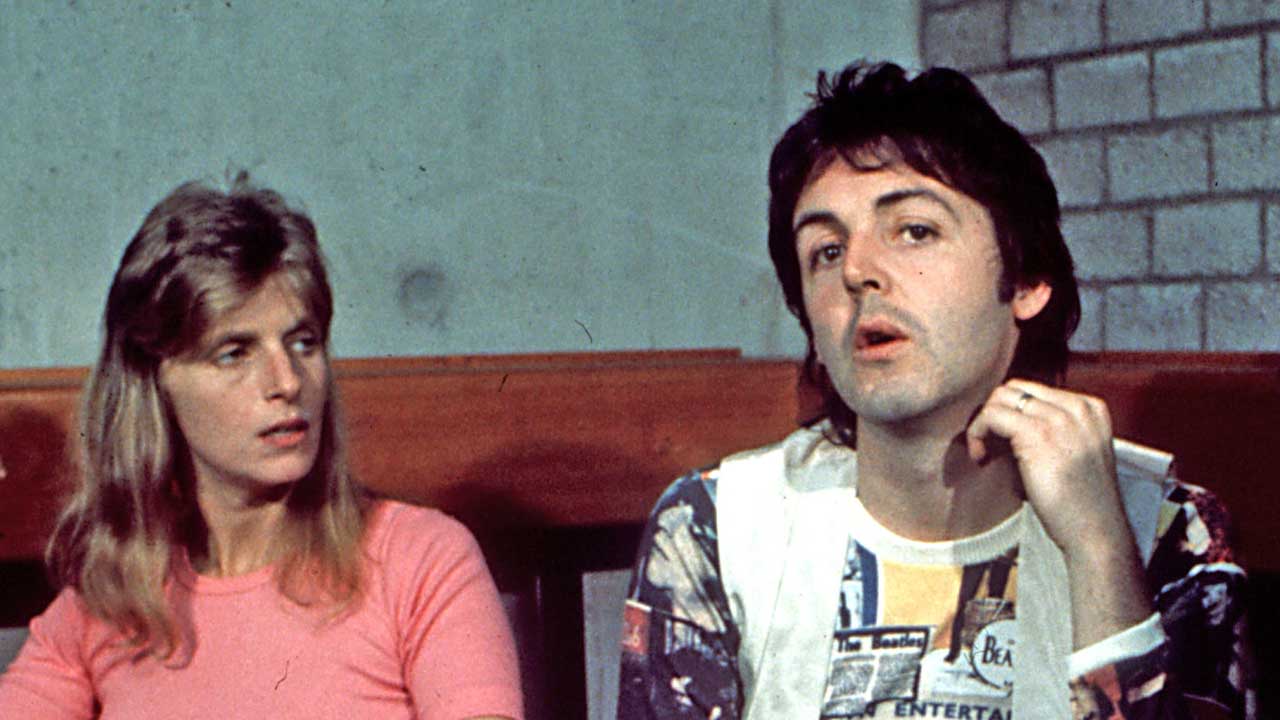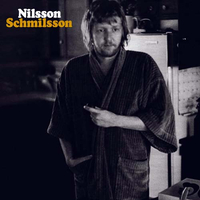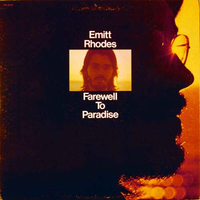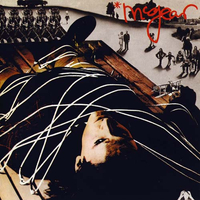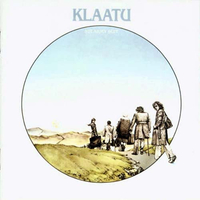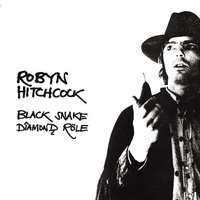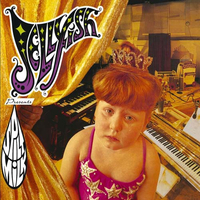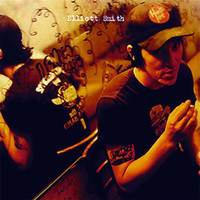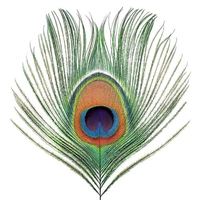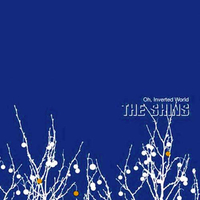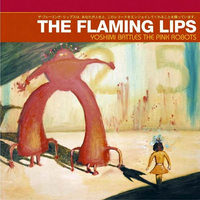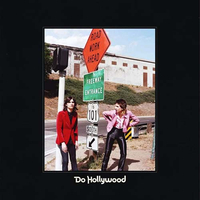Released on May 17, 1971, Ram was Paul McCartney’s second solo album and his first collaboration with wife Linda. McCartney took early influences such as Keith West’s Excerpt From A Teenage Opera and The Who’s Tommy and rolled with 12 experimental, light-hearted, I’m-in-love-with-Linda tracks, with styles ranging from blues to Buddy Holly, folk to Beach Boys psych-pop, ballads to prog. With ukuleles. And no radio singles.
The critics hated it, and his former bandmates joined in, even Ringo stating in Melody Maker that Macca “seems to have gone strange...”. But Ram grew in stature over the years and has had influence, particularly on The Beatles’ second-gen fans-turned-musicians. Here’s our pick of the records that join Ram’s odd squad.

Harry Nilsson - Nilsson Schmilsson (1971)
There was much-reported mutual admiration between Harry and Paul, and Nilsson Schmilsson emerged just six months after Ram. When in ’68 McCartney had been asked to name his favourite songwriter, he replied “Nilsson”. When asked for his favourite group he also said “Nilsson”.
They’d hung out and jammed during the White Album sessions, and a shared a love of upbeat, piano-led pop is apparent in Schmilsson opener Gotta Get Up, complemented by McCartney-like sunny strummers (Driving Along), silly skits (Coconut) and gutsy rock’n’rollers (Jump In The Fire). Peas in a Ram-shaped pod.
Emitt Rhodes - Farewell To Paradise (1973)
With his self-titled debut, 20-year-old Californian singer-songwriter Rhodes was deemed a “one-man Beatles” – and specifically McCartney-esque – writing, playing and recording the whole album himself. Three years later, Rhodes was demoralised by music biz mistreatment, and Farewell To Paradise became his actual farewell as a recording artist.
However, as McCartney did with Ram, Rhodes threw everything into Paradise, and it brimmed with cracking songcraft. It’s an experimental melting pot of soulful flavours, folky pop, earthy country and funk, with titles reflecting his head state (Bad Man, In Desperate Need).
Macca’s little brother already had a number of albums under his belt as a member of comic-poetry-musical group Scaffold, a one-album Bonzo Dog/Liverpool poets collaboration (as Grimms), and a debut solo LP, Woman.
On McGear he wrote and produced with Paul, who also played and sang (and appeared in Lilliputian form on the cover, alongside Linda). The Wings-enhanced results are playful and eclectic – and widely referred to as Ram II.
Canadian trio Klaatu were big Beatles fans, and hoped the Fab Four would reunite. In a bizarre twist, a journalist heard Klaatu’s 1977 album 3.47 EST, and spread the rumour that it actually was The Beatles. McCartney admitted to being amused by the reports, and later met up with Klaatu guitarist Dee Long. The two even did some jamming.
By ’78, Klaatu’s third album was exploring pop, hard rock and disco – opener A Routine Day setting a Ram-like course – and with some arrangements, such as Christine, echoing Thrillington, McCartney’s ’77 instrumental version of Ram.
Robyn Hitchcock - Black Snake Diamond Röle (1981)
Singer-songwriter Robyn Hitchcock once tweeted that not a minute goes by without him thinking of The Beatles. He has described Paul McCartney as an “enduring pillar of rock”, and recorded a version of Wings’ Let Me Roll It for a tribute album in 2001.
After Hitchcock’s neo-psychedelic group Soft Boys split in 1981, he opened his debut album with the McCartney-ish melodies of The Man Who Invented Himself and then took Macca’s more eccentric traits and ran with them.
San Fran power-pop kings Jellyfish displayed their influences proudly on their second, and final, album. Following their acclaimed debut Bellybutton, core members Andy Sturmer and Roger Manning had their tiny minds blown when they were sought out as collaborators for Brian Wilson and Ringo Starr.
Giddy with recognition, they recorded a magnum opus with elements of Beach Boys, Beatles, Supertramp and Queen. It was an orchestra-heavy tour de force, dismissed by the grunge-obsessed US, but with its most McCartney moments The Glutton Of Sympathy, Bye, Bye, Bye and Brighter Day it found favour in the UK, and has been re-evaluated as a masterpiece.
Elliott Smith - Either/Or (1997)
Writing about the US singer-songwriter’s third album Either/ Or for The Observer, Ron Hart identified “a sweet, scraggly variation of the kind of intimacy Paul McCartney leaned toward on McCartney and Ram”. Smith’s piano-based songs incorporated similar chord progressions, and his swooning overdubbed backing vocals evoke Paul and Linda’s on Ram track Dear Boy.
After its widely acclaimed followup XO, Smith received an invitation from George Martin to visit him in London. He made the journey, but Martin was abroad at the time, and the diffident singer reckoned it would have all been “a little too much” for him anyway.
XTC - Apple Venus Volume 1 (1999)
XTC already had a Beatlesy alter ego in the 80s with The Dukes Of Stratosphear, and with Mole From The Ministry they delivered a perfect parody of I Am The Walrus worthy of The Rutles. Main songwriter Andy Partridge later told Mojo that he loved McCartney as “he can rock out, be avant-garde, do children’s music, pop for the teens”.
And so Apple Venus Volume 1 found XTC in both acoustic and experimental mood, employing adventurous orchestrations that allied baroque and modernist styles with the romantic sweep of Ram’s The Back Seat Of My Car.
The Shins - Oh, Inverted World (2001)
Albuquerque’s Shins are one of the most charming and individual rock bands of the past 25 years, and Oh, Inverted World is their quintessential statement.
Best known for New Slang – the wistful little country tune that soundtracked an episode of hospital comedy Scrubs and hit flick Garden State – Oh, Inverted World is an endearing patchwork of pastoral folk, lo-fi singalongs and Beatles jangle (listen to the McCartney-type bass line on One By One All Day), in a framework that Ram led the way on.
The Flaming Lips - Yoshimi Battles The Pink Robots (2002)
The first time Flaming Lips vocalist Wayne Coyne met Paul McCartney, he displayed his fandom by telling everyone: “He touched my hand!” The second time, Coyne smoked pot with McCartney in the wings while watching Neil Young on stage.
Take away the psychedelic trappings, and much of Yoshimi is based on finely wrought acoustic pop songs such as the anthemic Do You Realize??, all shot through with gentle human storytelling. If McCartney had started his post-Beatles career in Oklahoma City in the 80s, it might well have sounded like this.
The Lemon Twigs - Do Hollywood (2016)
On this, their debut album proper, the teenage duo purveyed a brash, adventurous, complex, postmodern style of music informed by classic rock and pop songcraft. In press shots Michael D’Adarrio sported a glammed-up Macca mullet, and his brother Brian’s middle name is Paul – he’s named after Messrs Wilson and McCartney.
Do Hollywood shows that all this really is in their sonic DNA, and US journalist Bill Kopp was spot-on when he wrote in New City Music that the opening track I Wanna Prove To You “could easily be mistaken for an outtake” from Ram.
Classic Rock Newsletter
Sign up below to get the latest from Classic Rock, plus exclusive special offers, direct to your inbox!
